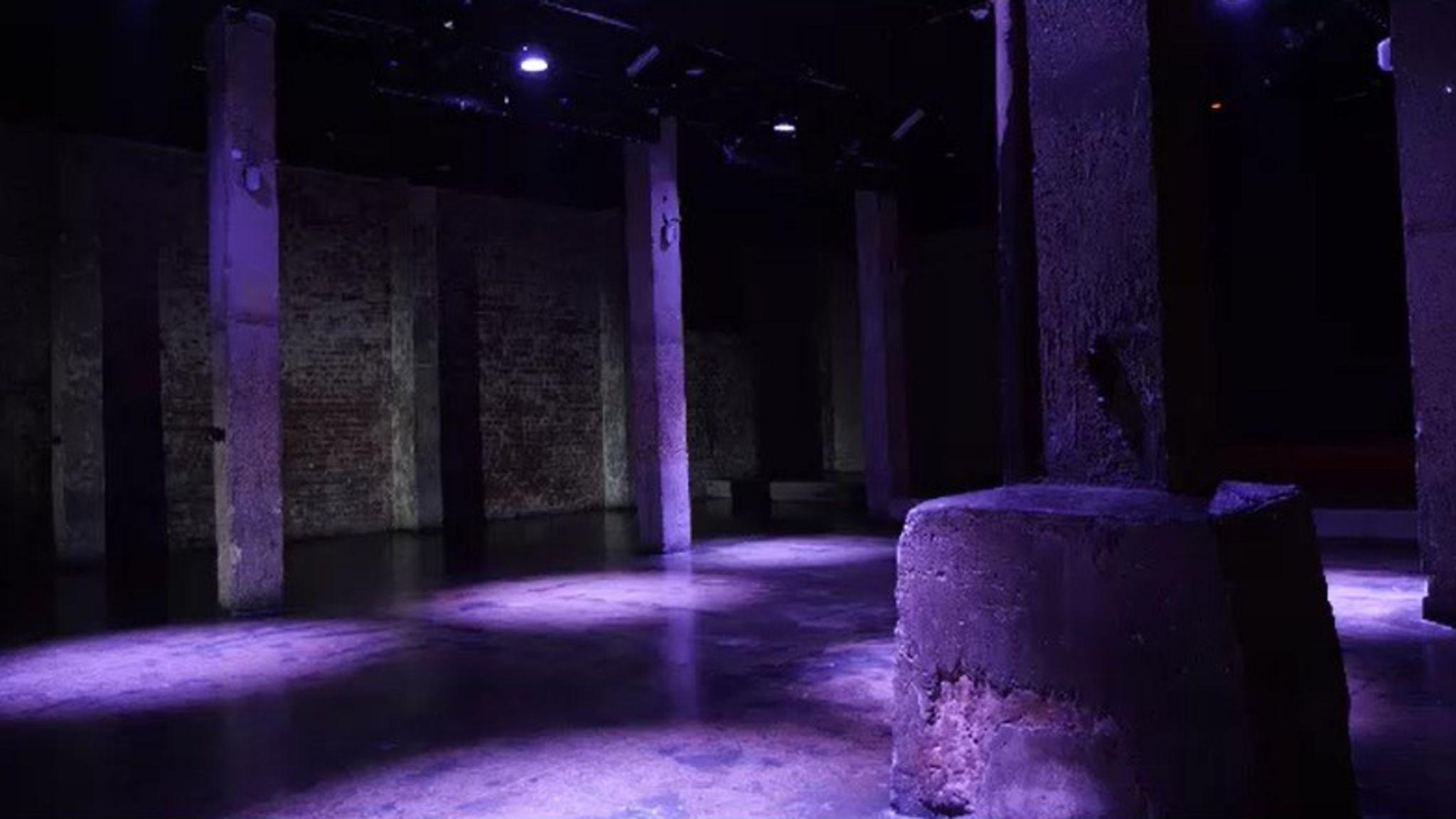Website designed with the B12 website builder. Create your own website today.
Start for free

The global club scene is facing mounting challenges—crises, closures, and precarious conditions. Wars, restrictive laws, and unsustainable systems hinder its organic and sustainable growth. Growth does not mean simply increasing the economic capital circulating within the industry, nor does it mean making this movement accessible only through media channels. The club is a refuge, a space where economic and social differences dissolve.
1. Clubs must remain affordable for everyone:
The recent campaign by Tresor West highlights the critical work being done to keep clubs open while ensuring they provide a sustainable and healthy environment. Affordability is essential to maintain the club as an inclusive space for all.
Read about the Saturday Community:
https://tresorwest.com/events/
2. Freedom as a cornerstone of club culture:
The club is a place for freedom of expression and manifestation. Institutions like Bassiani in Georgia are fighting to survive in an environment that actively persecutes and suppresses these freedoms. Their struggle embodies the essence of what clubs stand for—a safe haven for individuality and resistance.
Donate and support their mission:
https://www.gofundme.com/f/support-bassiani
3. A sustainable system for all artists:
While DJs are compensated for their performances, producers—who invest heavily in creating the music that fuels this culture—often go unrecognized and uncompensated. Initiatives like Aslice have offered hope and practical tools to change this narrative. In 2025, we must ensure the efforts of Aslice and similar movements do not go in vain.
Read their report:
https://aslice.com/s3/A+Slice+of+Fairness+-+Audience+Strategies+Aslice+Report+2024.pdf
Berlin: A Case Study in Club Culture
Berlin has long been regarded as the capital of techno, a city where the club culture flourished over the past 20 years, finding both space and economic resources. This cultural ecosystem has been an anomaly, offering unparalleled support and visibility to electronic music and its community. However, Berlin’s club culture is now at a crossroads.
Erosion of True Passion: The rise of new media and mainstream trends has drawn in a wave of casual followers, often displacing genuine enthusiasts. This shift has diluted the scene’s authenticity and led to a disconnect between the music and its audience.
Decline in Quality: As the audience broadens to include less passionate participants, the focus shifts from fostering musical excellence to catering to fleeting trends. The cultural depth that once defined Berlin's club scene risks being replaced by surface-level engagement.
Economic Pressures: Right-wing political agendas have begun targeting subcultures like techno, threatening their survival through restrictive policies and reduced governmental support. Economic resources that once sustained the city’s vibrant club life are now under threat.
The question arises: Is Berlin still the city of techno, or is it searching for a new identity? This pivotal moment demands reflection and action to preserve the spirit of the scene while addressing its evolving challenges.
The Mission of Consciousness
Consciousness is committed to documenting these narratives, exploring the cultural, political, and social identities shaping club culture worldwide. Our project highlights the hidden roles within the industry—technicians, promoters, community organizers—and provides a platform for initiatives like Tresor West, Bassiani, and Aslice, which strive to uphold the values and sustainability of this movement.
Berlin’s story, alongside those of Tokyo, Detroit, and other cultural hubs, will feature prominently in our series. Through Consciousness, we aim to showcase the cultural significance of club culture while fostering dialogue about its past, present, and future.
We invite everyone to join us in this effort—to share these stories, celebrate their value, and fight for the survival of this essential cultural phenomenon.